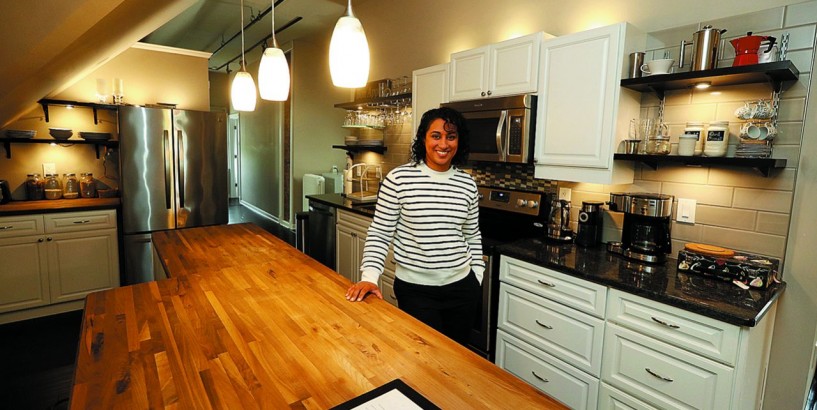Airbnb is following a path similar to that of other innovative technology companies. First comes the disruption caused by a new idea: Allowing people to rent their homes or apartments to others, with the transactions mediated through an app. The hosts and guests rate each other, the app tabulates the ratings, and others use the ratings to decide whether a prospective rental seems worthwhile. It’s part of the trusting economy.
As the business takes off, it’s operating in the Wild West, governed by little else than the need for Airbnb, the rental hosts and guests to accumulate reputational capital. The pursuit of high ratings and good word-of-mouth publicity is supposed to keep everyone on their best behavior.
The Wild West is fun, but it can’t last forever. After a few years of this exercise in unfettered capitalism, people decide a few fetters wouldn’t be so bad. Any incident involving violent crime in a home-sharing rental makes headlines. There are unintended consequences to having anyone able to list their rental and then bringing a parade of strangers into their building or neighborhood.
That’s when calls arise to regulate Airbnb and its home-sharing competitors, something Amherst and Buffalo are addressing. As The News reported over the weekend, officials from the city and its largest suburb collaborated on a set of regulations that Amherst approved and Buffalo’s Common Council is expected to vote on soon.
They have come up with some worthwhile ideas, some of which may need to be tweaked after their effects are better known. Regulators have to thread the needle between reasonable consumer protections and not making rules or fees so onerous that home-sharing hosts are unable to make money from the platform.
The new rules require hosts to register their properties, undergo safety and code inspections and pay registration fees. Those make sense for providing accountability and basic assurances that a property to be rented is safe.
Registering and paying a fee forces hosts to have skin in the game, rather than letting anyone with an internet connection list a spare room for rent, no matter the condition of their property.
The fees in both Amherst and Buffalo would be $250 if the home is owner-occupied and $500 if it is not. The town officials say the fees would cover the cost of inspections for safety and code compliance.
Registrations would need to be renewed each year, in Amherst for $250 or $500, in Buffalo for reduced rates of $75 or $150, depending if the home is owner-occupied.
The fees are comparable to what other cities in the country charge for home-sharing permits, though the cost of renewing in subsequent years seems steep in Amherst. Renting out a home or apartment through a home-share platform is mostly a mom-and-pop operation in Western New York. We don’t typically have commercial entrepreneurs turning apartment buildings into de facto hotels, driving up the cost of rent in the region by lowering the number of available apartment units.
The hotel industry, as well as Visit Buffalo Niagara, would like to see Airbnb guests charged a bed tax, which for hotel guests in the county is either 3 percent or 5 percent, based on the hotel’s size. That would more fairly level the hospitality playing field and is probably inevitable. Airbnb already collects bed taxes in Allegany, Cattaraugus, Niagara, Orleans and Wyoming counties.
New Jersey last fall started charging an 11.6 percent tax on all home or apartment rentals fewer than 90 days, a rate that would send a jolt into Western New York’s relatively modest but growing home-share economy. As long as towns or counties in Buffalo Niagara don’t weigh down Airbnb with a burdensome tax rate like New Jersey’s, home-sharing and regulators can have a mutually beneficial relationship.









